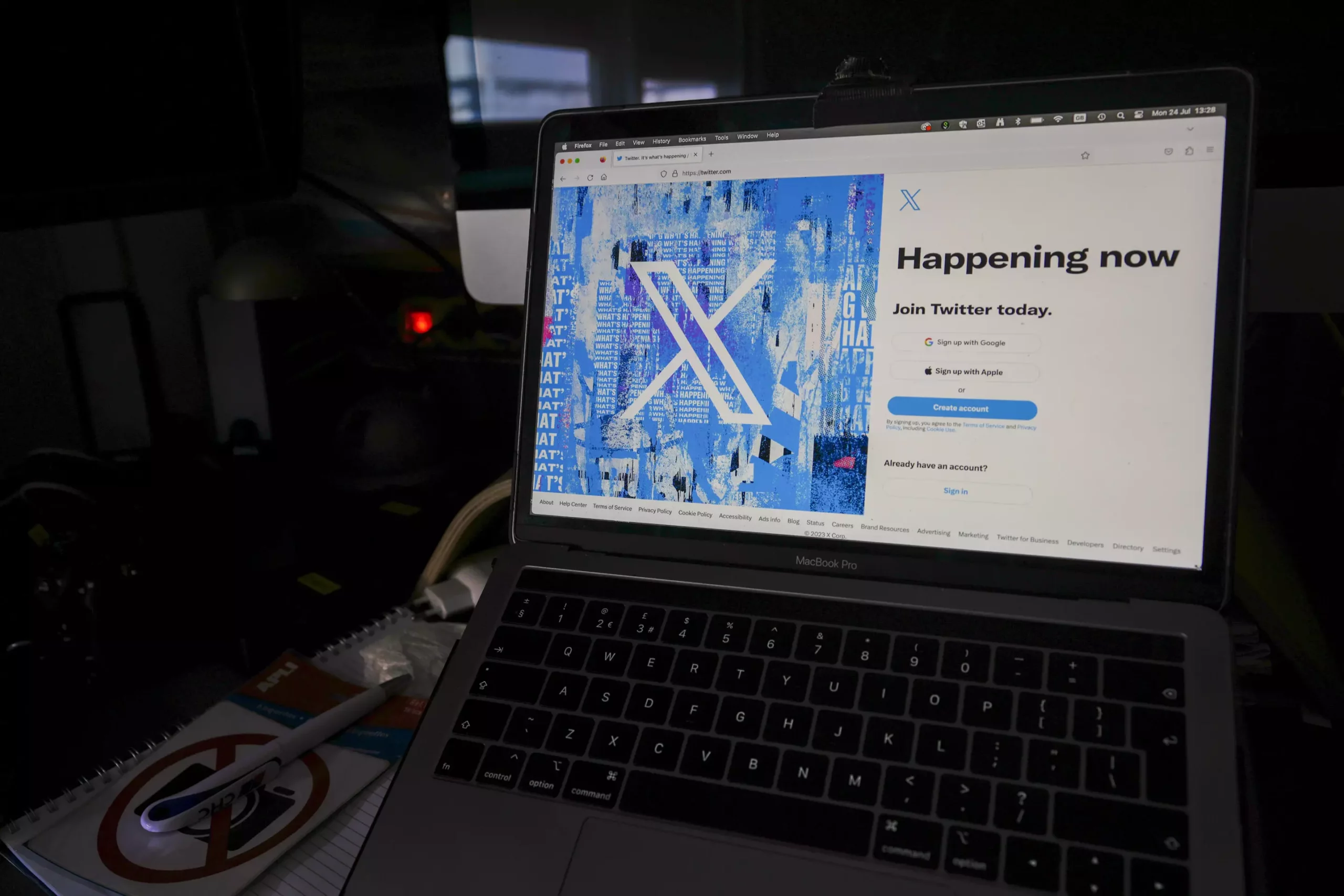The landscape of social media and free speech is intricate and fraught with challenges. Recently, the Brazilian Supreme Court’s direct involvement with Elon Musk’s social media platform, X (formerly known as Twitter), has brought these challenges into sharp focus. Justice Alexandre de Moraes has dictated a series of conditions tied to the platform’s reactivation in Brazil, showcasing a turbulent intersection of technology, governance, and freedom of expression.
For nearly a month, X has faced a suspension in Brazil, a crucial market where it boasted over 20 million users. The initial shut down can be traced back to a strained relationship between Musk’s platform and Justice de Moraes, who expressed concerns regarding misinformation, far-right propaganda, and the overarching theme of digital censorship. The Supreme Court’s actions underscore a fundamental tension between digital platforms and national sovereignty when regulating content.
In a striking ruling, De Moraes stipulated that X could only resume operations contingent upon Starlink, Musk’s satellite internet service, retracting its ongoing appeals related to the case. This condition signifies not only the complexities surrounding media ownership and regulation but also highlights how intertwined these digital entities are perceived to be. Critics point out that the judge’s claim of a unified economic group raises questions about the principles guiding constitutional law and the application of corporate accountability.
Musk and his operation have not shied away from public criticisms against de Moraes, accusing him of authoritarianism and censorship. Interestingly, public sentiment around governmental control of social media platforms is divisive. On one hand, many argue that strict oversight is necessary to combat misinformation and protect public discourse. On the other, critics, including Musk’s supporters, view these rulings as heavy-handed, impeding free speech in a manner reminiscent of authoritarian regimes.
Moreover, a staggering fine of 10 million Brazilian reais (approximately $1.84 million) imposed on X amplifies the punitive measures deemed necessary to ensure compliance. This action raises fundamental questions about how digital platforms operate within legal frameworks that expect accountability from companies dealing with complex societal issues like misinformation and hate speech.
Following the imposition of restrictions, X initially declared a withdrawal from Brazil, citing threats against its legal representatives. However, X has recently pivoted its strategy, submitting documentation to the Brazilian court affirming compliance with court orders and seeking reactivation of its services. This shift indicates a significant corporate maneuver; balancing adherence to judicial authority while striving to recover its foothold in a crucial market.
X’s recent declaration emphasizing its commitment to upholding free speech within legal confines also signals an attempt to re-establish trust, both with Brazilian users and the local government. The platform claims to be as much a victim of censorship as the users it serves. Yet, this rhetoric must be evaluated against the jury of public opinion, which appears increasingly polarized between calls for free, unrestricted speech and the need for responsible oversight.
The ongoing battle between Musk’s X and Brazilian legal authorities serves as a microcosm for larger debates concerning digital expression, corporate governance, and civil liberties in the 21st century. As the lines between proprietary technology and public interest continue to blur, the resolution of this conflict will be critical not only for X and its operational capabilities but also for the global discourse on freedom of expression.
Ultimately, this saga reflects broader tensions at the intersection of technology, law, and society. The case represents a pivotal moment; one where the outcomes may not only reshape the future of X in Brazil but also set precedents that could influence how digital platforms interact with governments worldwide. As the situation unfolds, the stakes grow ever higher for both Musk’s ambitions and Brazil’s judicial integrity, paving the way for essential discussions about the future of digital interaction in a fiercely regulated world.

